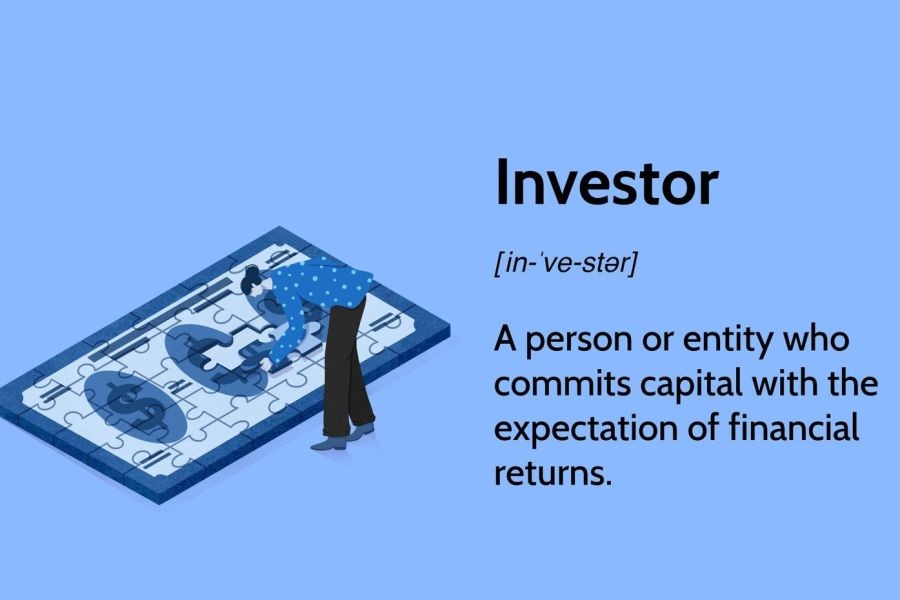Amidst the dynamic landscape of the Australian real estate market, a burgeoning trend has emerged: landlords opting to sell their properties rather than engage in long-term rentals. This shift is influenced by a confluence of economic, regulatory, and market factors unique to Australia. Understanding these drivers is crucial for investors, policymakers, and real estate professionals aiming to navigate the evolving property landscape.
Economic Pressures and Market Dynamics
The Australian property market has been significantly impacted by economic variables such as interest rates and inflation. The Reserve Bank of Australia (RBA) has maintained a cautious approach, adjusting interest rates to curb inflationary pressures. As of 2023, the RBA's monetary policy resulted in a series of interest rate hikes, impacting mortgage affordability and influencing landlord decisions.
According to CoreLogic, a leading property analytics firm, Australian property prices rose by 15% from 2020 to 2023, outpacing wage growth. This surge has created an attractive opportunity for landlords to capitalize on their investment gains by selling properties at peak market values. The decision to sell is further supported by data from the Australian Bureau of Statistics (ABS), which indicates a decline in rental yields across major cities like Sydney and Melbourne, making long-term rentals less financially appealing.
Regulatory Landscape and Tax Implications
In addition to economic factors, the regulatory environment plays a pivotal role in shaping landlord decisions. The Australian Taxation Office (ATO) has implemented stricter compliance measures and tax reporting requirements for property investors. These changes have increased the administrative burden on landlords, prompting some to exit the rental market altogether.
Moreover, recent policy discussions around potential changes to negative gearing have added uncertainty to the market. Negative gearing, a tax strategy allowing investors to deduct property investment losses against other income, has been a contentious topic in Australian politics. Any reform in this area could significantly impact investment strategies, prompting landlords to reassess the viability of their property portfolios.
Case Study: The Sydney Property Market
In Sydney, the property market's volatility has compelled landlords to rethink their strategies. High property prices, coupled with regulatory uncertainties, have led many to sell their assets. A case study of a Sydney-based landlord reveals the complexities of this decision:
Problem: The landlord owned a two-bedroom apartment in Sydney's inner suburbs, initially purchased for rental income. However, rising interest rates and a stagnant rental market reduced profitability. Additionally, the landlord faced increased compliance costs due to new regulatory requirements.
Action: The landlord decided to sell the property, capitalizing on Sydney's high market prices. With expert guidance, they navigated the sales process, focusing on maximizing the property's value through strategic marketing and minor renovations.
Result: The sale resulted in a 20% profit over the property's original purchase price, allowing the landlord to reinvest the proceeds into diversified assets with better returns.
Takeaway: For landlords in similar situations, careful evaluation of market conditions and regulatory changes is crucial. Strategic selling can offer a viable exit strategy, ensuring financial gains in a volatile property market.
Comparing Renting vs. Selling: A Financial Perspective
Landlords assessing whether to rent or sell must consider the financial implications of each option. Renting provides a steady income stream but may involve ongoing maintenance costs and potential vacancies. Selling, on the other hand, can yield immediate financial returns, especially in a rising market.
Financial analysis reveals that selling can be advantageous in a high-interest environment where rental yields fail to cover mortgage costs. Additionally, selling eliminates the risks associated with property management and tenant turnover.
Myths and Misconceptions
Several myths surround the decision to sell versus rent, often influencing landlords' choices. Here, we debunk common misconceptions:
- Myth: "Property values always appreciate over time." Reality: While historically true in many markets, recent fluctuations indicate that property values can stagnate or decline, as seen in certain Australian regions during the pandemic.
- Myth: "Renting guarantees a consistent income." Reality: Rental income can be unpredictable due to market saturation, economic downturns, and tenant defaults, impacting overall profitability.
- Myth: "Selling a property is a lengthy process." Reality: With the right strategy and market conditions, properties can sell quickly, allowing investors to capitalize on peak market conditions efficiently.
Future Trends and Predictions
Looking ahead, the Australian property market is poised for further changes influenced by both local and global economic trends. The RBA's monetary policy trajectory, coupled with potential regulatory reforms, will continue to shape landlord strategies.
A report by Deloitte forecasts that by 2026, urbanization and technological advancements in property management could redefine rental markets, potentially attracting landlords back to long-term renting. However, the current trend of selling remains attractive for those seeking to mitigate risks and secure immediate returns.
Conclusion
As Australian landlords navigate the complexities of the property market, understanding the interplay of economic pressures, regulatory changes, and market dynamics is crucial. Selling properties in a high-value market offers a strategic advantage, especially when rental yields fail to meet financial expectations. For investors, staying informed about market trends and leveraging expert insights will be key to making informed decisions.
Final Takeaways:
- Monitor economic indicators such as interest rates and inflation, as they directly impact property investment returns.
- Stay updated on regulatory changes that may affect property investment strategies, such as negative gearing reforms.
- Consider the financial benefits of selling in a high-value market to diversify investments and reduce risk exposure.
- Debunk common myths and make data-driven decisions to optimize property investment outcomes.
Call to Action: Engage with industry professionals and leverage data-driven insights to navigate the evolving Australian property market. Share your thoughts and experiences in the comments below or join discussions on platforms like LinkedIn to connect with fellow investors and experts.
Related Search Queries
- Australian property market trends 2023
- Negative gearing Australia 2025
- Interest rates impact on Australian housing market
- Is selling property in Australia a good investment strategy?
- Real estate regulatory changes in Australia
People Also Ask (FAQ)
- What are the benefits of selling property in Australia? Selling allows landlords to capitalize on high market prices, reduce risk, and reinvest in diversified assets with better returns.
- How does the RBA's interest rate policy affect property investments? Higher interest rates increase mortgage costs, reducing rental yield profitability and prompting landlords to consider selling.
- What are the risks of renting in the current Australian market? Risks include unpredictable rental income due to vacancies, tenant defaults, and increased compliance costs from regulatory changes.





































darrinbeer1311
7 months ago